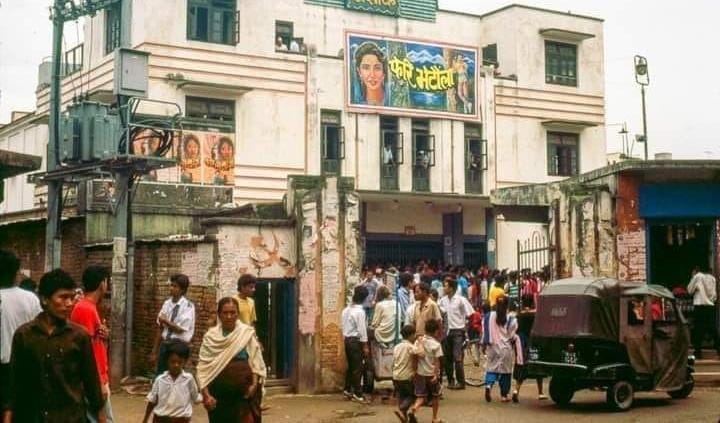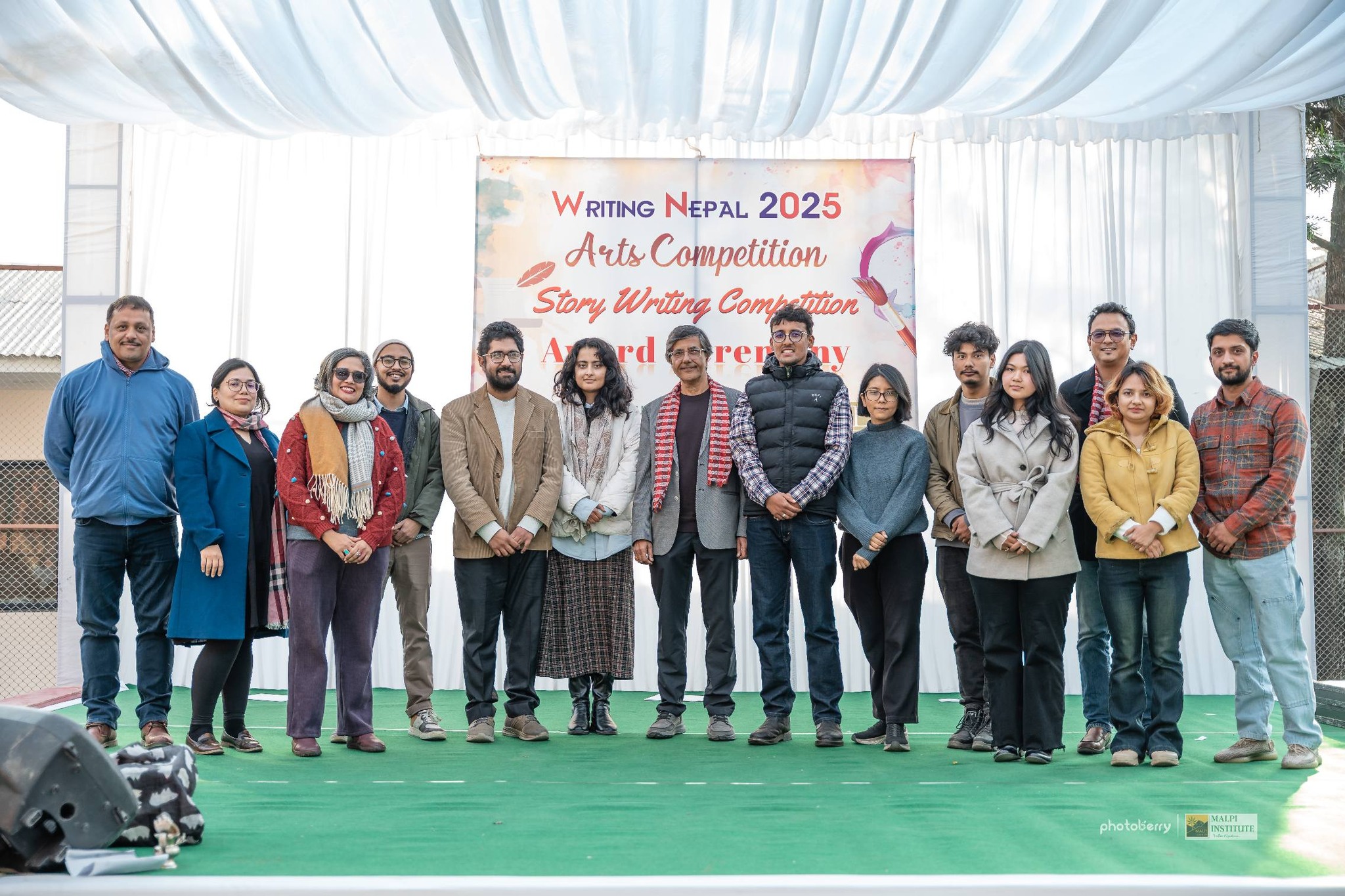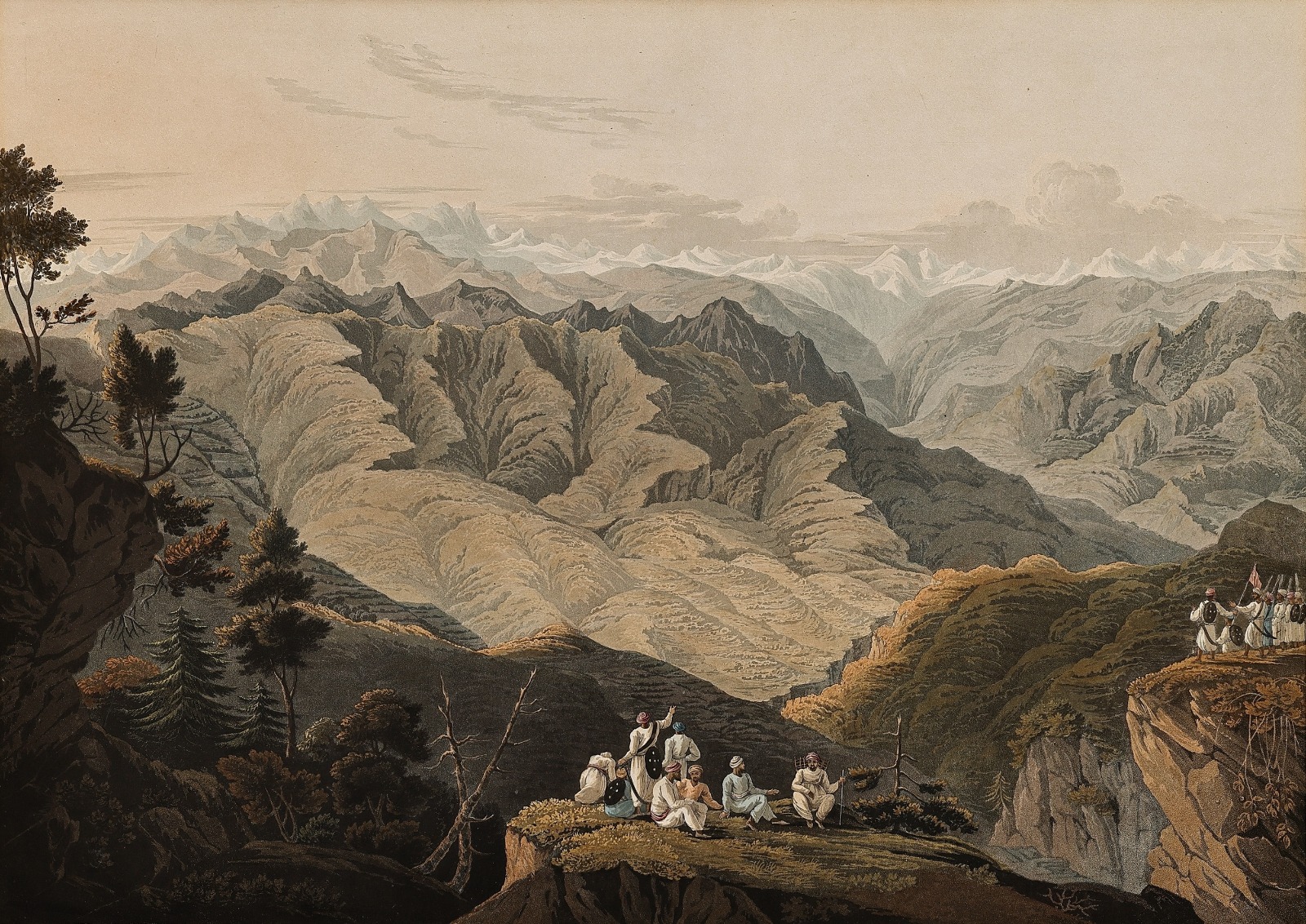And the men were away again. Off with their ten-paathi jute sack of supplies anchored across their forehead, small nut-filled cans rattling against their back, re-sharpened khukuri dangling by the waist, treading on muddy trails through unforgivingly humid Terai forests.

In the morning, the cock sometimes crows (Writing Nepal, 2nd place winner)
Sandesh Ghimire | January 30, 2026Between them, things had felt somewhat constrained and claustrophobic ever since Ramesh had returned from Saudi. It should not have been so strenuous, for Shanta had been the one who had pestered Ramesh for the last two years to return to Nepal.

Geetanjali Hall (Writing Nepal, 3rd place winner)
Urza Acharya | January 14, 2026Ninamma knew better than to challenge these men. A smile could be mistaken for an invitation; a frown could invite greasier hands. She had cut her hair short — almost ugly — and wore the same oversized, full-sleeved shirt and jeans every day.

No Country for Neptes wins First Prize at Seventh Writing Nepal
Adishya Sharma | January 11, 2026This is a story about stories. Some stories arrive quietly, some knock hard on the door. The seventh edition of Writing Nepal reminded us that stories, no matter how they come, always carry a sense of arrival.

Spider Webs
Smriti Ravindra | December 12, 2025All day from the dusty couch – no jumping on the couch, Kristy said to him – Arya watched the pig. It was black like a bottle of paint, its nose flat like the bottle’s cap. It crouched behind the door, bunched against the point where the door and the wall formed a triangle, and made pig sounds.

Writing Nepal 2025: The Shortlist
La.lit | December 4, 2025We are happy to reveal our shortlist for the 2025 edition of Writing Nepal: A Short Story Contest. We had over three hundred submissions this year, and have truly enjoyed reading your stories.

Writing Nepal 2025: A Short Story Contest
La.Lit | July 11, 2025La.Lit magazine is happy to announce the seventh edition of Writing Nepal: A Short Story Contest in partnership with writer Samrat Upadhyay and Indiana University, Bloomington, USA .

The 11 rules of walking
Carsten Smith-Hall | October 20, 2024I started walking the hard trails about ten years ago. I was young and strong, unmarried, with an independent source of income from my small café and shop on Swotha Road, selling hot coffees and antiquities.

High Heels
Ranjan Adiga | January 30, 2024Sarita was up at the crack of dawn to practice her walk in the new high heels. She just hadn’t been able to garner the grace that those Hindi film heroines were famous for; she admired the ease with which they moved their feet in rain-soaked dances, perfectly balanced in their high heels.























